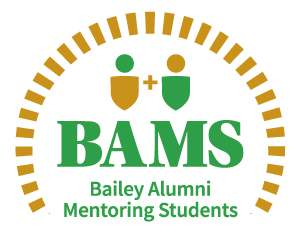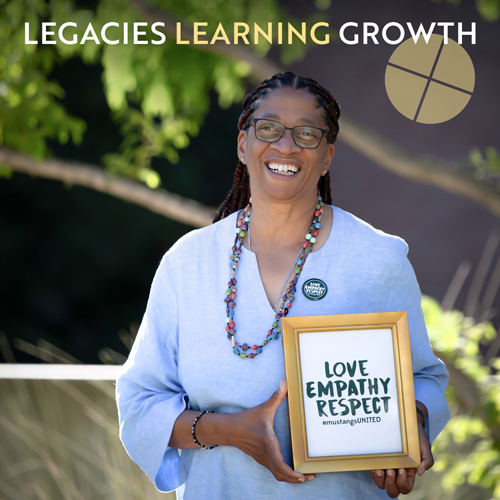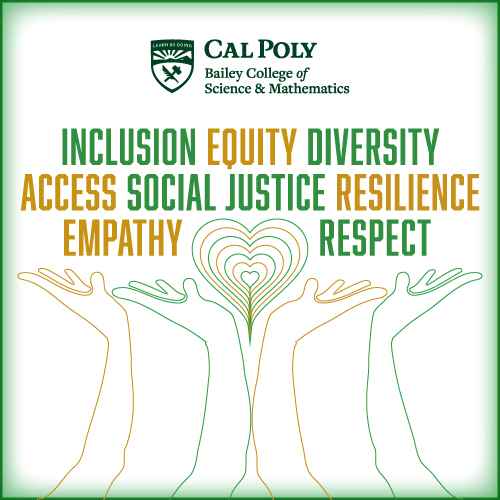Equal Access to the Cosmos
Cal Poly physics professor Louise Edwards teamed up with her former colleague, Meg Urry, of Yale University, to teach young astronomers that addressing inequities in their field is as fundamental as particle physics.
Together they created the Granville Academy, a weeklong series of diversity, equity and inclusion workshops for Cal Poly and Yale students, held first at Yale and last summer online. Here are some basic elements for focusing on inclusion in astronomy:
Knowledgeable and Experienced Instructors
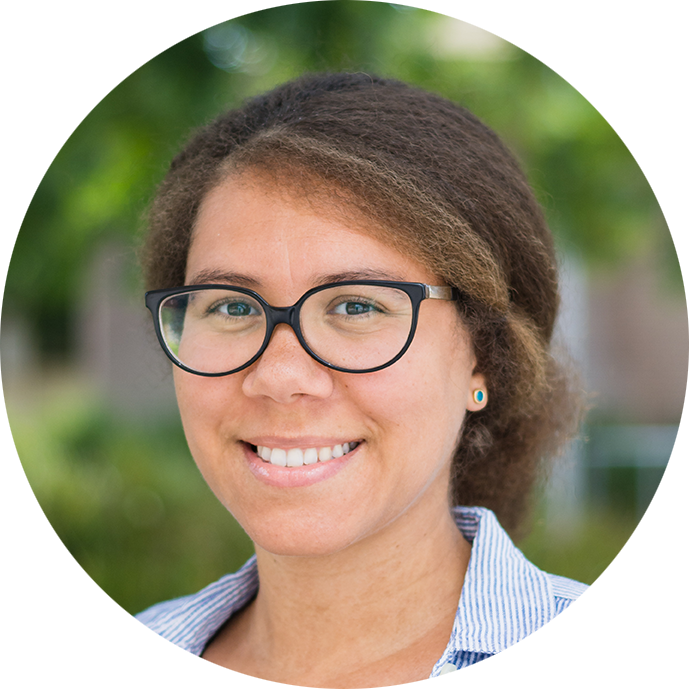
Edwards, an astrophysicist, organized the academy and led multiple workshops. Thanks to the virtual format, Cal Poly statistics instructor Immanuel Williams joined her with a keynote titled "You Betta NOT Give Up...:Words of Wisdom on Your Journey Towards Your Ph.D." Urry and Yale graduate Malena Rice also lead workshops.
Curious and Dedicated Students
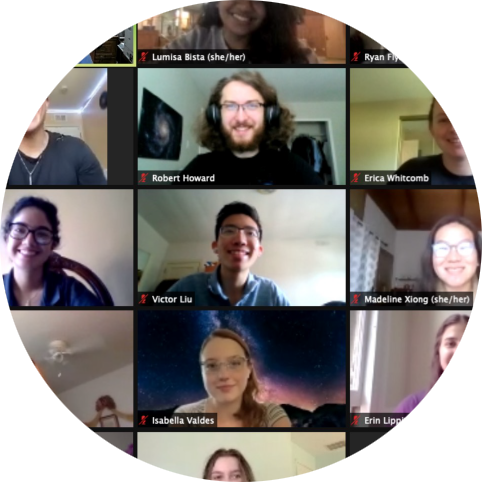
Ten Cal Poly students joined their counterparts from Yale to discuss implicit bias, stereotype threat, microaggressions, sexual harassment and what they could do to counteract these issues. They left with an increased sense of confidence in their ability to pursue physics.
An Inspirational Figure

Evelyn Boyd Granville was the second African-American woman to earn a doctorate in mathematics. Granville created computer software to analyze satellite orbits for NASA space programs and later taught computer programming at CSU Los Angeles.
The Numbers on Underrepresentation

In physics, less than 20% of doctoral degrees are awarded to women each year. In 2016, there were 30 Black women faculty members total in physics and astronomy departments in the U.S. By comparison, there are about 10,100 full-time faculty members in physics departments alone.
Information on How to Foster Inclusivity

The reasons for fewer women in physics have been found not to be family or ability but lower expectations and uneven academic and professional evaluation. "This mans we can explicitly work to remove these unconscious biases," Edwards said. "For example, I can ask students to use a non-gendered student number on exams instead of their name."
Read more about Inclusive and Equitable Communities in Proud to Be an Indigenous Educator, Welcome to the Water and Under the Sea
